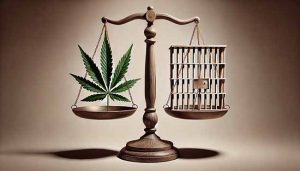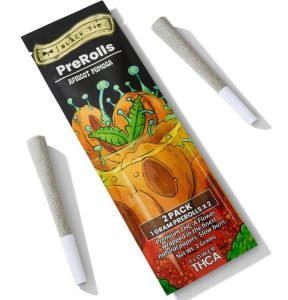How British Columbia Compares in Canada’s Journey Toward Acceptance

Canada recently marked the fifth year since marijuana was legalized, a milestone that still finds the majority of Canadians (64%) in favor of the legislation. This sentiment holds steady compared to last year’s data, while only 31% express disagreement, a minor uptick from before. Public indecisiveness accounts for the remaining 6%.
Regional attitudes toward legalized cannabis vary, with the most supportive stances observed in Atlantic Canada (72%), trailed by Quebec (68%) and Saskatchewan along with Manitoba (63%). The least enthusiastic regions are Alberta and British Columbia, each with 58% approval.
Introduced as a key policy by the Liberal Party during the 2015 elections, the legalization enjoys strong support among Liberals and NDP voters, scoring 68% and 74% approval rates, respectively. Among Conservative Party voters, however, support dwindles to 54%.
The notion of legalizing other drugs, such as heroin or cocaine, finds little favor among Canadians; only around 10% believe these substances should be made readily available in a manner similar to cannabis.
Regarding consumption habits, over half of Canadians (53%) have never used marijuana, 33% tried it pre-legalization, and 13% became users post-legalization. Younger Canadians, those aged between 18-34, appear more inclined to try marijuana only after its legalization (23%).
Ethnicity also plays a role in cannabis consumption. Indigenous and European Canadians are more likely to have used marijuana prior to its legalization (55% and 39%, respectively), while those of East Asian and South Asian descent are less likely (16% and 13%).

While legalization aimed to quash illegal sales, less than half (48%) of Canadians admit to obtaining all of their cannabis from authorized retailers. Among different age groups, 55% of those aged 35-54 have bought only from legal outlets, compared to 45% aged 18-34 and 43% who are 55 and older.
On the employer front, 58% of Canadians endorse the idea of workplace drug tests even in the absence of operational machinery, whereas 33% disagree.
Turning to criminal records, an increasing majority (69%) support expunging records of those convicted of simple marijuana possession. This perspective finds its strongest backing among NDP voters (82%), followed by Liberals (74%) and Conservatives (65%).
Despite marijuana legalization seeming like a resolved issue, it is likely to resurface in political discussions, especially during the anticipated 2025 federal campaigns.





